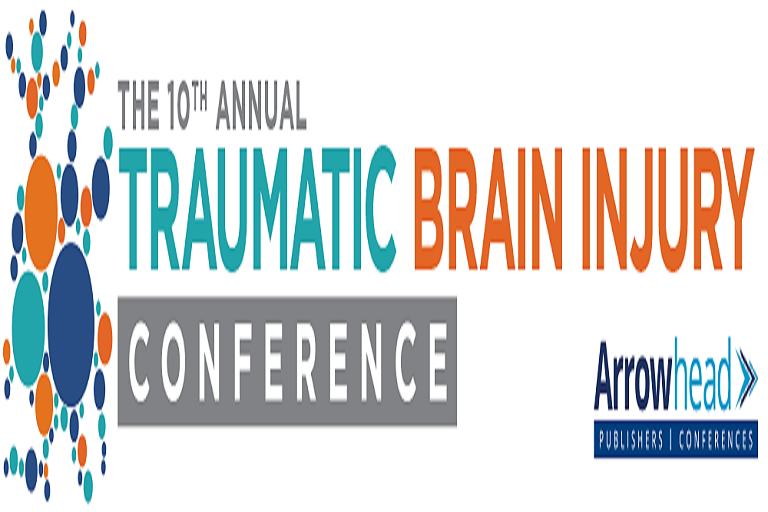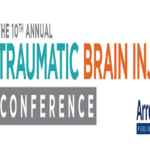Are Experimental Treatment Options Becoming More Accessible?
In the dynamic realm of healthcare, the focus on innovative and experimental treatment options has become a central concern for researchers, medical professionals, and patients alike. The question of whether experimental treatments are becoming more accessible is gaining attention, prompting discussions around ethical, legal, and practical considerations. As medical science advances, it begs the question: are experimental treatment options truly becoming more accessible, or are there still existing barriers?
The Evolution of Experimental Treatments
In the past, experimental treatments were confined to clinical trials, accessible to a specific group of patients willing to participate. However, as medical knowledge has expanded, so has the scope of experimental treatments.
Today, these treatments encompass a broad array of therapeutic approaches, including cutting-edge gene therapies that target genetic anomalies, revolutionary immunotherapies harnessing the body’s immune system, and personalized medicine tailoring treatments to individuals based on their genetic makeup, ensuring a more precise and effective approach to healthcare.
The evolving landscape reflects a transformative shift towards more personalized and targeted interventions, ushering in a new era of medical innovation.
Clinical Trials and Patient Participation
Clinical trials remain fundamental to the development of experimental treatments. Although the traditional model of requiring patients to enroll in specific research studies still exists, efforts have been made to enhance accessibility. Initiatives such as patient-centric trial designs, virtual trials, and decentralized trials aim to simplify the participation process, allowing patients to join studies without geographic or time constraints.
Additionally, the integration of real-world evidence in decision-making processes is gaining momentum. This approach involves incorporating data from routine clinical care, offering a more comprehensive understanding of a treatment’s effectiveness in diverse populations.
Embracing real-world evidence allows researchers to gain insights beyond the controlled environment of traditional clinical trials, potentially speeding up the integration of experimental treatments into mainstream healthcare.
Regulatory Landscape and Expanded Access Programs
Regulatory agencies play a crucial role in determining the accessibility of experimental treatments. While traditionally, experimental therapies could only be accessed through clinical trials, regulatory authorities are increasingly acknowledging the need for alternative pathways.
Expanded Access Programs (EAPs), commonly referred to as compassionate use programs, authorize individuals with severe or life-threatening conditions to avail themselves of experimental treatments beyond the confines of clinical trials.
Despite offering a lifeline to some patients, challenges persist. The availability of experimental treatments through EAPs depends on factors such as the treatment’s development stage, safety profile, and the willingness of pharmaceutical companies to provide access.
Striking a balance between ensuring patient safety and offering timely access to promising treatments remains a delicate challenge for regulators.
Financial Barriers and Insurance Coverage
Despite the evolving landscape, financial barriers pose a significant hurdle to accessing experimental treatments. Innovative therapies often come with substantial costs, raising questions about equitable access.
While some experimental treatments may be covered by insurance or sponsored by pharmaceutical companies, others may require patients to bear a considerable financial burden. Efforts to address this issue include collaborations among healthcare providers, insurance companies, and pharmaceutical manufacturers to explore innovative payment models.
Subscription-based pricing, outcome-based reimbursement, and risk-sharing agreements are emerging strategies aimed at making experimental treatments more financially viable for both patients and healthcare systems.
Moreover, ongoing advocacy for policy reforms and increased public-private partnerships seeks to create a more sustainable and inclusive financial framework for accessing experimental treatments.
These collaborative initiatives aim to strike a balance between fostering innovation and ensuring that financial considerations, such as stem cell therapy cost, do not become insurmountable obstacles for patients seeking potentially life-changing therapies.
Ethical Considerations and Informed Consent
As experimental treatments become more accessible, ethical considerations surrounding patient autonomy and informed consent become increasingly crucial. Patients must be well-informed about the potential risks and benefits of experimental therapies before making decisions about their healthcare.
Robust informed consent processes involving comprehensive discussions between healthcare providers and patients are essential to ensure that individuals are making decisions aligned with their values and understanding the uncertainties associated with experimental treatments.
This commitment to transparency not only fosters trust but also empowers patients to actively participate in shaping their healthcare journey, promoting a collaborative and patient-centered approach to experimental treatment decision-making.
Conclusion
The landscape of experimental treatments is undeniably evolving, with advances in science, changes in regulatory approaches, and a growing emphasis on patient-centric care. While progress has been made in enhancing accessibility through initiatives like decentralized trials, expanded access programs, and innovative payment models, challenges persist. Financial barriers, ethical considerations, and the need for continued regulatory adaptation are areas that demand ongoing attention.








































